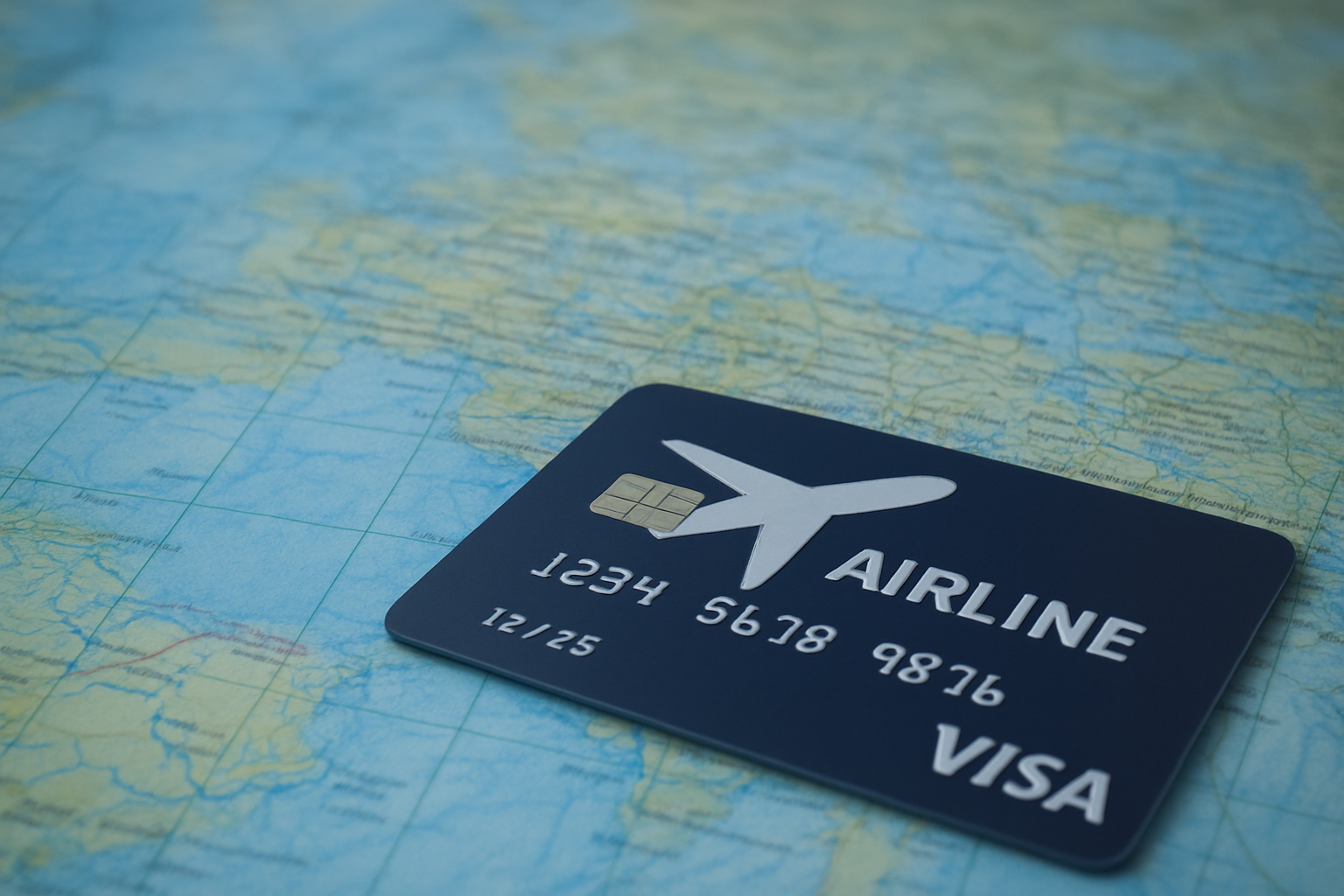How to Manage Finances as a Digital Nomad
Learning how to manage finances as a digital nomad changed everything for me. Five years ago, I made my first rookie mistake: I found myself stranded in Bangkok with frozen accounts because I hadn’t set up proper banking systems for my nomadic lifestyle. Today, that story makes me laugh – it’s become one of those valuable lessons that shaped my journey into mastering digital nomad finance management. The truth is, managing finances as a digital nomad comes with unique challenges that you won’t face in a traditional work setting.
As someone who’s been navigating the digital nomad waters for years, I can tell you that managing your money while constantly on the move requires more than just a good budgeting app. Whether you’re already living the nomad life or planning to take the leap, this comprehensive guide will walk you through everything you need to know about managing your finances while working from anywhere in the world.
Essential Steps to Manage Finances as a Digital Nomad
Before we dive into the nitty-gritty of budgeting and taxes, let’s talk about the basic financial infrastructure every digital nomad needs to have in place.
Digital Nomad Banking Essentials
Traditional banking can be a nightmare for digital nomads. Between foreign transaction fees, ATM charges, and the hassle of explaining to your bank why you’re logging in from a different country every month, you need a better solution. Here’s what works:
- Digital Banking Solutions for Nomads: Modern fintech platforms like Wise (formerly TransferWise), Revolut, and N26 have revolutionized banking for digital nomads. These services offer multi-currency accounts, competitive exchange rates, and virtual cards that work seamlessly across borders. I particularly love Wise’s borderless account for its ability to hold and convert multiple currencies with minimal fees.
- Traditional Bank Backup: While digital banks are fantastic, keep at least one traditional bank account in your home country. This provides a reliable backup and can be crucial for certain transactions or when dealing with government matters.
Managing Credit Cards as a Digital Nomad
Your choice of credit cards can make or break your nomadic budget. Look for cards that offer:
- Zero foreign transaction fees
- Travel insurance benefits
- Global acceptance
- Rewards for travel and dining
The Chase Sapphire Reserve and American Express Platinum are popular among digital nomads, but research what’s available in your home country. Remember, having at least two different cards from different networks (Visa, Mastercard) ensures you’re never stuck without access to funds.
Financial Management Strategies for Digital Nomads
The Art of Nomadic Budgeting
Budgeting as a digital nomad is different from traditional budgeting because your expenses can vary dramatically from month to month. Here’s how to handle it:
- Create a Flexible Budget Framework
- Set baseline amounts for fixed expenses (subscriptions, insurance)
- Allocate variable amounts for location-dependent costs (housing, food)
- Include a buffer for unexpected expenses and currency fluctuations
- Track Everything Use apps like YNAB (You Need A Budget) or Mint to monitor your spending. The key is finding a system that works for your lifestyle and sticking to it. I personally use YNAB because it handles multiple currencies well and helps me plan for future expenses.
Building Your Safety Net
Living as a digital nomad means dealing with more uncertainties than the average person. Here’s how to protect yourself:
- Emergency Fund: Aim for 6-9 months of expenses (more than the traditional 3-6 months) given the added complexities of international living
- Insurance Coverage:
- International health insurance (providers like SafetyWing specifically cater to digital nomads)
- Travel insurance for gear and trip cancellations
- Professional liability insurance if your work requires it

Business Finance Management
Setting Up Your Business Structure
The way you structure your business can significantly impact your taxes and legal obligations. Consider:
- Location-Independent Business Entities: Research countries with favorable tax treaties and business environments
- Digital Business Banking: Use services like Mercury or Wise Business for international transactions
- Professional Support: Connect with accountants and lawyers who understand international business
Managing Client Payments
Getting paid shouldn’t be a hassle. Here’s how to streamline your income:
- Payment Platforms
- Use multiple payment processors (PayPal, Wise, Stripe)
- Consider cryptocurrency for certain clients/markets
- Set up automatic invoicing systems
- Pricing Strategies
- Factor in currency exchange rates
- Include transaction fees in your rates
- Consider location-based pricing if appropriate
Navigating the Tax Maze
Perhaps the most complex aspect of digital nomad finances is handling taxes. Here’s what you need to know:
Understanding Tax Residency
- Research tax residency rules for countries you spend time in
- Keep detailed records of your travel dates
- Consider using tax tracking apps designed for nomads
Tax Planning Strategies
- Documentation
- Keep digital copies of all receipts and invoices
- Track your days spent in each country
- Maintain records of tax payments and filings
- Professional Support
- Work with tax professionals who understand international tax law
- Join digital nomad communities for tax advice and recommendations
- Stay updated on tax treaties between countries
Advanced Financial Management for Digital Nomads
Investing as a Digital Nomad
Don’t let your nomadic lifestyle prevent you from building long-term wealth:
- Consider location-independent investment platforms
- Research international retirement account options
- Stay informed about currency risks and hedging strategies
Automation is Your Friend
The more you can automate, the better:
- Set up automatic bill payments
- Use recurring transfers for savings and investments
- Implement automated accounting systems
Your Journey to Financial Freedom Starts Here
Managing finances as a digital nomad isn’t always easy, but it’s definitely manageable with the right approach and tools. The key is to build systems that work for your specific situation and remain flexible enough to adapt as your circumstances change.
Remember, the goal isn’t just to survive financially while traveling the world – it’s to thrive and build a sustainable lifestyle that supports your dreams of location independence. Take the time to set up your financial infrastructure properly, stay organized, and don’t hesitate to seek professional help when needed.
Have you started your digital nomad journey? What financial challenges have you encountered along the way? Share your experiences in the comments below!
Useful Resources:
- Digital Nomad Tax Guide: Nomad Tax
- International Banking Comparison: Nomad Banking
- Digital Nomad Insurance Guide: SafetyWing
- Financial Planning Tools: YNAB
Related Post: https://traveneur.com/finance/retirement-for-digital-nomad/













